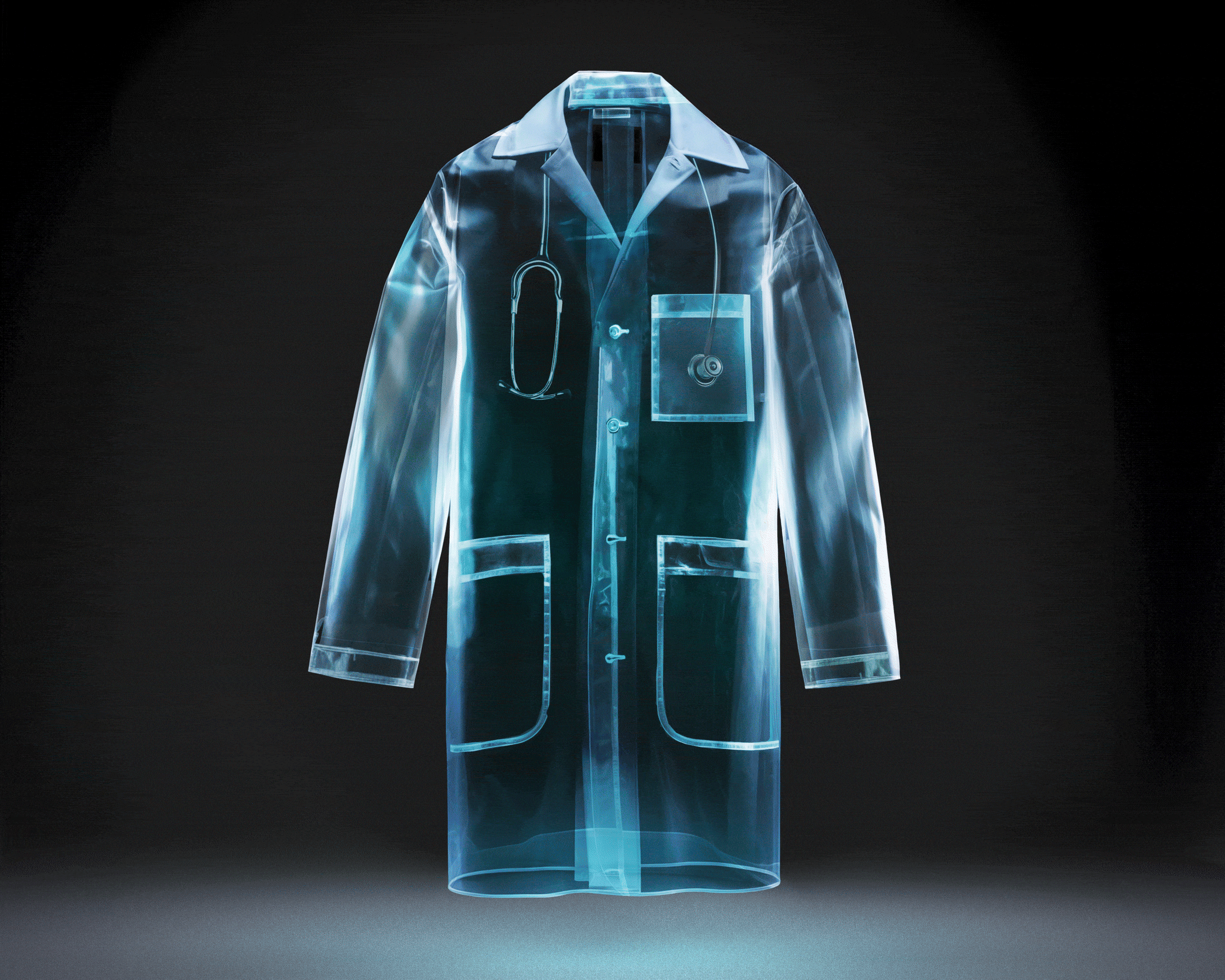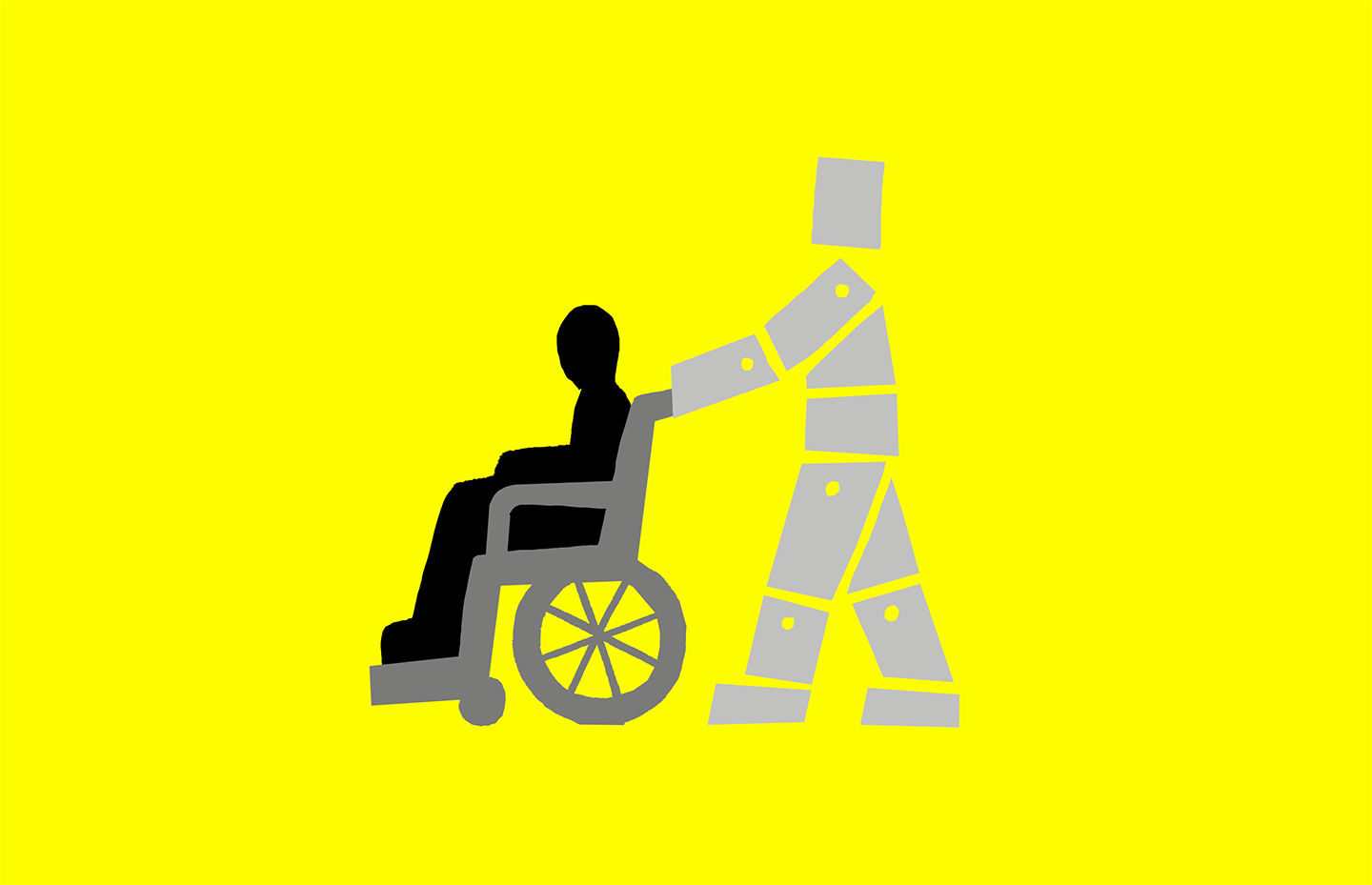Steve Ramirez wants to zap bad memories and upgrade good ones.
Steve Ramirez can erase specific memories from mouse brains, reactivate lost memories, and implant false ones. He also is developing ways of tuning memories up or down—enhancing the recollection of positive experiences or quieting negative ones. Ramirez, an assistant professor at Boston University, does this by adding a light-sensitive protein into individual neurons, which makes it possible to activate or deactivate those cells with pulses of light. Although this technique isn’t meant to be used in humans, it’s revealing how memory works, which could pave the way for targeted treatments for anxiety, post-traumatic stress disorder, or even Alzheimer’s.
I spoke with Ramirez about how people of the future might think about their pasts.
What are the implications of your work? Where is this all going?
Where the field is really going now is to appreciate that memories are distributed throughout the brain.
When we were tinkering with memories [in mice], we would do so by going into a small subregion of the brain and finding cells that held on to a memory. Turning those cells on ended up causing this domino effect, not unlike when you’re walking down the street and you catch a glimpse of a cupcake that reminds you of a bake sale from high school. Memories are dynamic. When you recall them, brain cells are firing like crazy. Different areas in the brain start syncing up with one another and start rhythmically communicating with each other. Memories have sights and sounds and smells and emotions, and all of those different modalities recruit different parts of the brain.
With the tools and techniques that are being developed, I think that being able to get a brain-wide image of a single memory is within reach. That’s a goal, at least for me, within the next five or 10 years, tops: Can we make a map of either a single memory or two memories? If they’re a positive memory and a negative memory, where do they interact? Where do they stop overlapping?
That’s how we can begin to really dynamically map out how the brain cells that hold on to a memory evolve over time.
Your research in mice requires invasive implants that shine light into their heads. Could this kind of apparatus ever be used on people?
The brain cell doesn’t have pain receptors, so it’s not like it hurts the mice. But we’re not going to be sticking optic fibers and microscopes in people’s brains.
What I’m hoping is that the work that we do in animals provides a kind of blueprint for how the brain might work in a human. So, we can say, “Well, a few areas seem to be key nodes that hold on to memories.” Or, “These areas seem to be those that are deteriorated, for instance, in cases of Alzheimer’s and so on.” Then, let’s start hunting for that in humans, and see if maybe tools like MRI and so on can find the similar effect or not.
Or, it could go the other way around too, where in humans we can say, “Well, there are certain symptoms of depression where maybe there is discoordinated activity across a handful of brain areas.” Now, let’s try to create an animal model that mimics that, and then in animals we can figure out what the mechanism is, and then maybe we can make a new drug or a new interventional technique to try to fix the brain, and then translate that idea back to humans.
A pill will always be as noninvasive as it gets, because even though we do things like deep brain stimulation in humans, it still is a pretty drastic, last-ditch effort.
Will we someday be able to modify people’s experiences of their memories—to dampen the negative ones and enhance the positive ones? And even if it is possible, should we do it?
I would say we’re already doing that. Who are you? Are you the person who is before or after a cup of coffee in the morning? Are you you at 7am, are you you at 4pm, or are you you after two beers at 9pm? We can see already how all the different things that we ingest can change our personalities for instance, and it’s the same with memories too. Our memories are not as great if we are sleep-deprived or if we don’t do any kind of aerobic work.
In the far future, let’s say memory manipulation becomes a thing that you could do at a clinic. For me, one of the ways of using it in a morally responsible way is to keep it in a medicinal setting, keep it in a clinical setting, where you’re not just going to go in and erase a memory of a high school breakup just because you don’t want to take the two weeks that it’s going to take to get over it. You give it to a patient with PTSD and turn the volume down on a traumatic experience. I’m not going to get to enhance a positive memory of the Patriots winning the Super Bowl just because I want to relive it. While that’s seemingly fun, you don’t know what the side effects would be. But you would do it on a patient with depression, where you can turn the volume up on different aspects of a feeling of motivated positivity and so on. Then I think it can be used in a way that prevents abuse.
This is of course the idealist in me talking, but I think that’s at least one tractable path forward.
That makes sense if we’re talking about dampening specific negative memories or increasing access to positive ones. How should we think about more general potential upgrades of our memory skills? Let’s say there isn’t a trauma somebody is trying to get away from; it’s just that they want to be better at their job or better at remembering names. What if your work leads to that kind of enhancement?
We know that living a healthy dietary lifestyle, working out, getting a good night’s sleep, are all things that could boost your mood, it can boost your memory. All those things are doing something in the brain. So if there was a way to figure out what it’s doing to the brain, and then try to artificially reinstate that, like if we could have some kind of drug that mimics the effects of social enrichment or exercise or a good night’s sleep or something, then I think that that would be awesome. Medicine and our diets and everything around us helped us double our lifespan in the past 200 years. So, maybe this is a way of also doubling what we’re cognitively capable of in the next 200 years. But that’s just a wild speculation.
The humongous asterisk here is that this is ripe for a million and one different side effects, unless we really knew how to make it that specific in the brain. Right now we’re not even close. Any drug that you ingest is going to flood your brain. Caffeine is something that generally makes people wake up and feel a little bit better during the day. But it’s not like it’s acting on one part of the brain. It’ll have its effects of giving you a temporary high or giving you mood-boosting effects, but then, you get things like addiction. Then you get caffeine withdrawal, and you get caffeine-withdrawal-induced migraines and all these things. So, that’s the thing: we are playing with a slippery slope here.
What if the military decides to put soldiers into more horrific situations rather than trying to avoid them, knowing that later at the VA hospital they’re just going to reduce the sting of the memories or erase them altogether? Could we be setting up a new moral hazard?
There’s a pessimistic and optimistic answer. My pessimistic answer is: let’s take something like water, which is the most nurturing thing that we know of. Three quarters of our body, we need it to survive, we drink it every day and so on. But then this thing that nourishes us every day can also be used to waterboard somebody. Something like water can be abused. Now, that doesn’t mean that that should be okay. It just means it’s a cautionary tale.
With memory manipulation, ideally we use it for the good. A few hundred years from now, hopefully there isn’t war. That would be the best solution: don’t put people in a traumatic experience to begin with. But let’s say it continues. Ideally, should somebody experience something traumatic, then we can use [memory manipulation] for the sake of increasing their well-being, rather than creating somebody who does not experience trauma or who does not perceive of a traumatic situation as traumatic. Because then you end up just making a psychopath.
So, the short answer is yeah, everything can be abused. But I think that one solution is to look at success stories in the past.
This is the beginning of an empowering realization that our memories are indeed malleable and that our recollections can shape-shift just a tad more than we expected.
In the 1980s, when the Human Genome Project was started, there was a bunch of commentary of “Does this mean we’re going to start editing our babies? And then we’re going to have this master race of babies that are genetically modified and all have blonde hair and so on and so forth.” That was a couple of decades before the human genome was completed. That commentary has been going on for almost 40 years now. And while it’s not perfect we at least now have a social infrastructure that has these problems at the forefront of people’s minds.
Ideally that kind of social and legal conversation is what can give us [something like] seat belts to prevent misuse of any technology in this case. So I think that’s the case with memory manipulation. We surely can think of a million different Inception–Black Mirror–Total Recall scenarios where it can be misused. But I’d like to think that through these conversations like the one we’re having, at least we can now begin getting this part of the zeitgeist, as social conversation of “Should we?” “What are the pros?” “What are the cons?” So that 40, 50 years from now, when the equivalent of the Human Genome Project in the brain is close to complete, we have an infrastructure in place to prevent misuse. It kind of stinks that it takes that amount of time, because we’re working with some very powerful ideas here. But on the other hand it gives us a tractable path forward to make sure it’s handled properly.
You make interesting analogies to other technologies, but memory-related technologies scare me more. We are our memories, and it’s unsettling to realize they could be made even more fungible. I just don’t know quite how to process that. Is it the end of truth?
I don’t think it’s the end of truth. Truth is an objective data point that simply exists, in my opinion. If anything, this is the beginning of an empowering realization that our memories are indeed malleable and that our recollections can shape-shift just a tad more than we expected. On the cautionary side, it means we need more than eyewitness accounts, for instance. On the uplifting side, we’ve uncovered something fundamental about what makes us human.
Excerpted from the book Neo.Life: 25 Visions for the Future of Our Species.
















